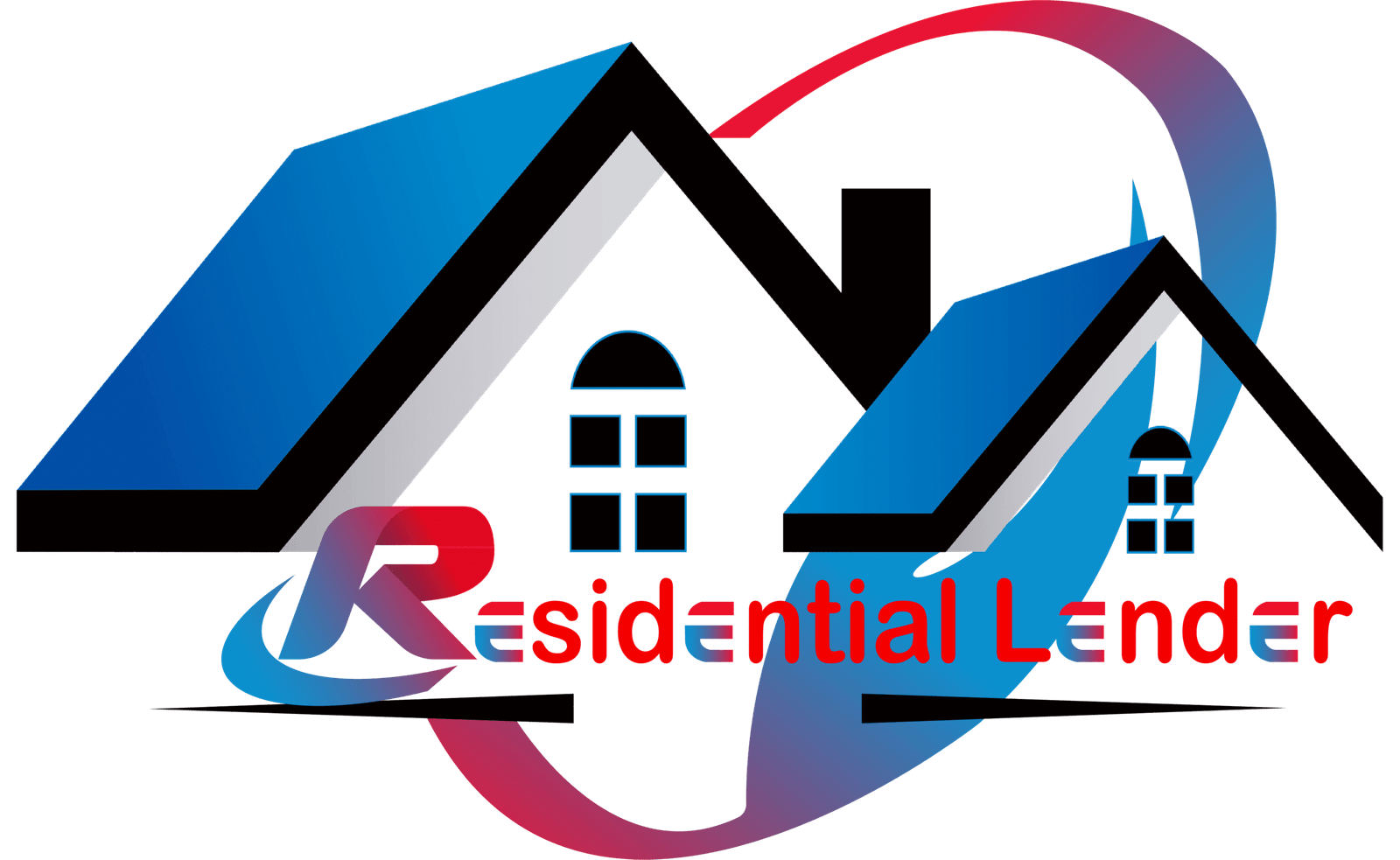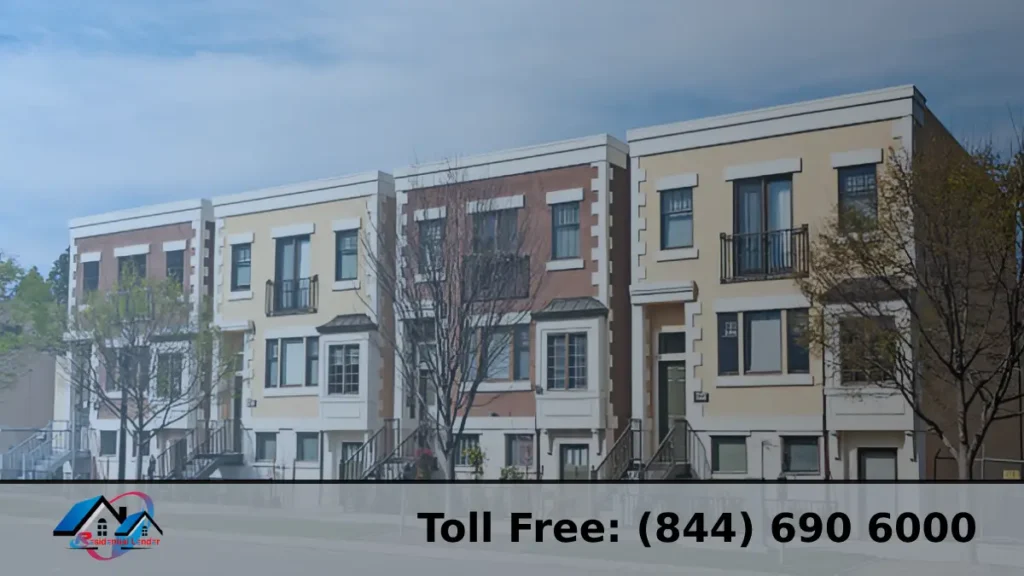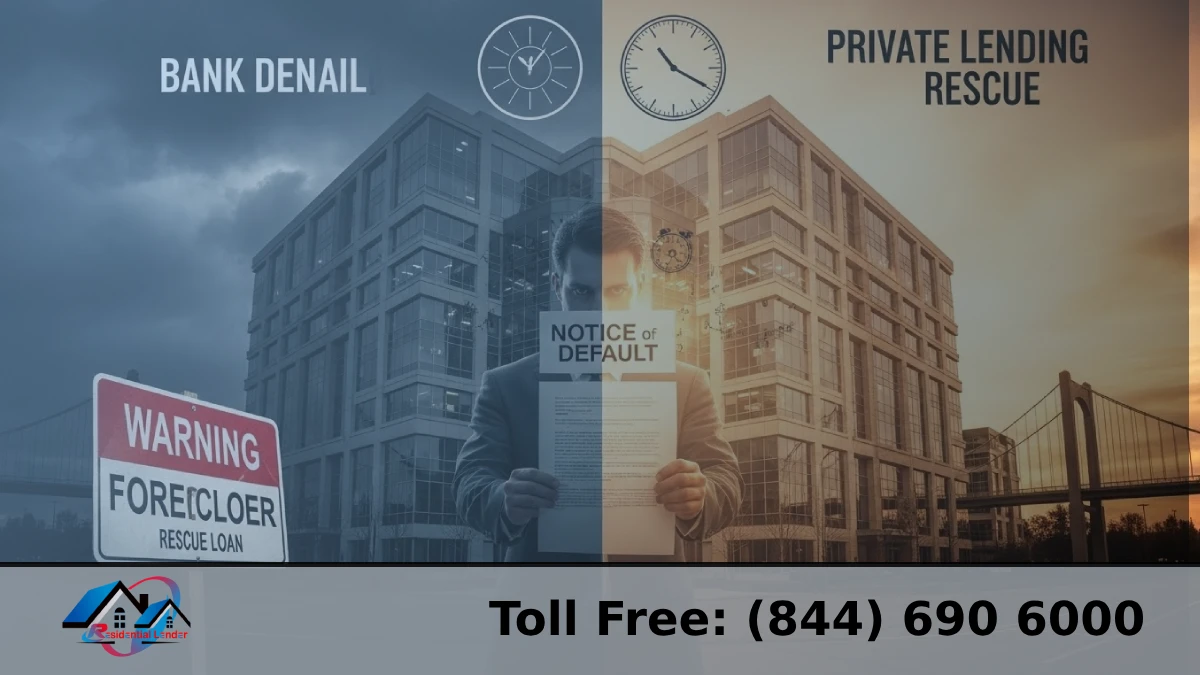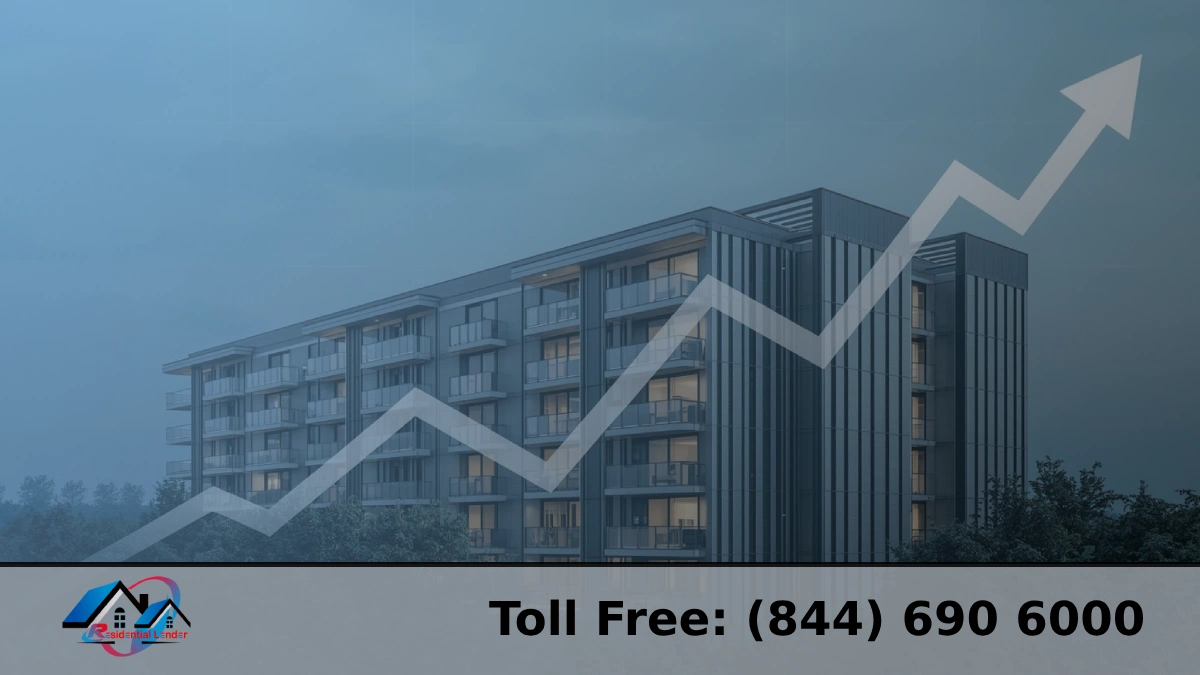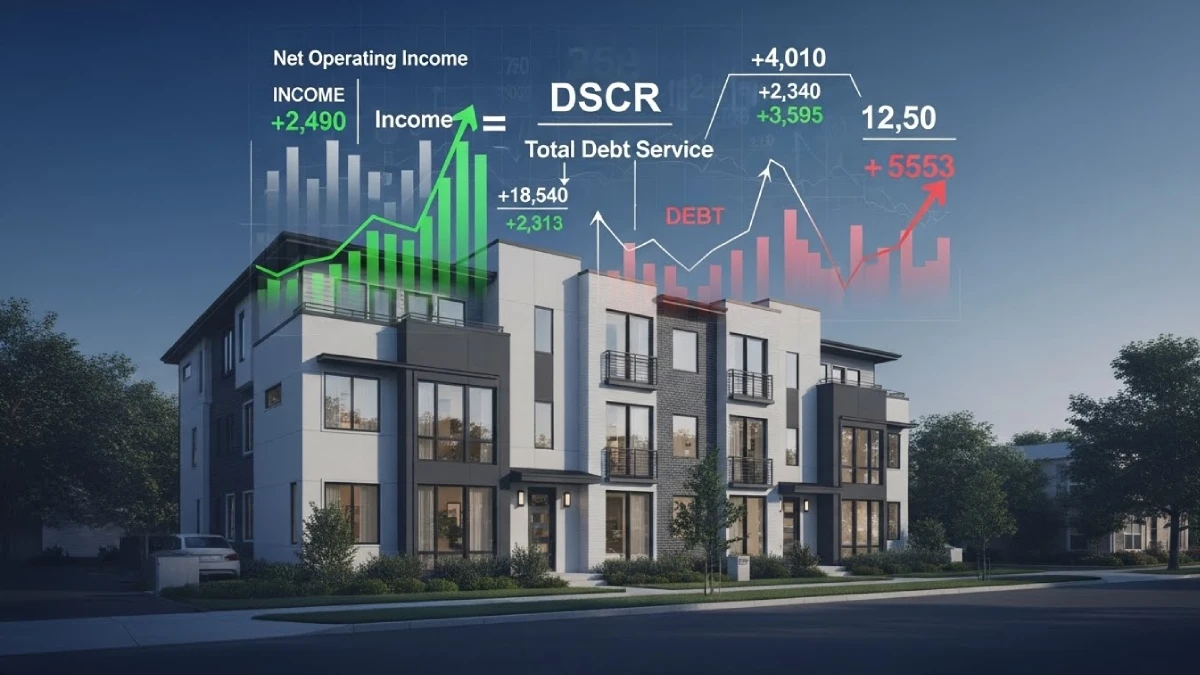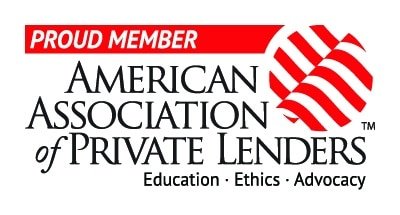Rental mortgages benefit real estate owners by helping them buy homes and earn more money. Investors can use a property’s potential rental income as collateral to obtain the money they need to reach their business goals.
Many people got the “rental mortgage amount meaning” wrong, leading to confusion and missed opportunities. Many people need help figuring out how to figure out this crucial financial measure and what it means.
Let’s clear things up!
Misconception #1: Rental Mortgage Amount ≠ Rent
A common mistake is to think that the rental income is the same as the mortgage payment. Your rental income is essential for getting a rental mortgage, but it’s not a straight match. Here’s why:
Mortgage Payment Components
The following are usually part of your monthly mortgage payment:
Principal: The part of your payment goes toward paying off the loan.
Interest: How much does borrowing money cost?
Property Taxes: Property taxes are based on their value.
Homeowners Insurance: Get insurance to protect your investment in real estate.
Rental Income vs. Mortgage Payment
Rental Income: The monthly rent money you get from renters.
Mortgage Payment: The total amount you owe the provider monthly, including the loan amount, interest, taxes, and insurance.
Lenders usually want your rental income to cover at least 125% of your mortgage payment. This will make sure that you can quickly pay for the property and all of its costs, even if there are times when it’s empty or when you have to pay for something unexpected.
Suppose you know the difference between these two terms. In that case, you can accurately judge whether a rental property will make you money and make intelligent choices about your investment plan.
Misconception #2: Bigger Isn’t Always Better
It may seem incredible to have a more considerable rental mortgage amount. Still, it’s essential to consider how your investment will affect your finances. If you only look at the loan amount, you might miss important things like cash flow and return on investment (ROI).
Most of the time, a smaller loan with positive cash flow is a better option than a bigger loan with negative cash flow.
Let’s break it down
Cash Flow
This is the difference between how much you earn from renting out your home and how much you spend each month on things like your mortgage, property taxes, insurance, repairs, and property management fees. You make monthly money from the property if you have a positive cash flow. If you have negative cash flow, you lose money.
Return on Investment (ROI)
This number tells you how profitable your investment will be in the long run. A more significant ROI means you get more money from your initial investment.
To maximize your investment potential, consider the following
Focus on Positive Cash Flow: Look for homes that bring in more money than they cost. This gives you a steady income stream and makes you less dependent on the future property going up in value.
Figure out your ROI: Compare various investment sites’ possible return on investment (ROI) to find the best ones.
Long-Term Appreciation: Cash flow is essential, but you should also consider the chance that the property will increase in value over time. A property in a popular area with much room to grow can help you make a lot more money.
If you understand these ideas, you can make intelligent choices about your rental property investments and get the most money back.
Misconception #3: Credit Score Perfection Isn’t Mandatory
Some people can only get a rental mortgage if they have good credit, but having good credit is helpful. Many buyers are afraid that people with bad credit won’t be able to get loans. The good news is that there are other ways to get loans.
Here’s the good news:
Alternative Lenders: Credit score requirements for traditional lenders are often higher. Other lenders, on the other hand, might be more open-minded. They might look at the general strength of your investment proposal, such as your experience, down payment, and expected cash flow.
Pay attention to the Big Picture: Alternative lenders look at more than just your credit score when deciding whether to lend you money. They also check how well you can handle a rental property.
ResidentialLender.Net has a lot of experience making loans for many investors. We know that credit scores sometimes tell only some of the story. We can help you get the money you need to achieve your business goals.
Fear of your credit score shouldn’t stop you! Get in touch with ResidentialLender.Net right away to talk about your investment plans and look into financing choices that can help you succeed in real estate.
Misconception #4: Down Payments Aren’t Flexible
A significant down payment is usually a good idea. Still, you can set a flexible savings plan to rent a house. You can choose from the following down payment options:
Conventional Mortgages: These require a minimum down payment of 20%, offering the most competitive interest rates.
Beyond traditional mortgages, there are options for investors with less cash upfront.
Bridge Loan: Used as a short-term way to get money until you can get stable financing.
Hard Money Loans: Private lenders may offer these loans with higher interest rates but less stringent credit scores and down payment requirements.
Private Lenders: People or businesses that offer flexible financing choices based on your investment and plans for the future.
ResidentialLender.Net gives you access to different loan choices, such as private lender options, bridge loans, and hard money loans. We know that each investor’s case is different, and we can help you get the money you need, even if you have a small down payment.
Make sure that a significant down payment keeps people from buying. Contact ResidentialLender.Net immediately to discuss your business goals and find creative ways to get the money you need to start your real estate journey.
Misconception #5: Competitive Rates Aren’t Out of Reach
Rates for rental mortgages can differ from rates for regular home loans. Still, it is possible to get a reasonable rate. Several factors affect rental mortgage rates, such as:
Credit Score: You can get lower loan rates if your credit score is good, which is above 680.
Loan-to-Value Ratio (LTV): This number shows how much your loan is compared to how much the house is worth. Rates may be better if the LTV is lower, meaning the down payment must be more significant.
Debt-to-Income Ratio (DTI): This shows how much of your gross income goes toward paying off your monthly debt. A lower DTI shows that your finances are better and may make you more likely to be eligible for lower rates.
Type of Property: Rates may differ for single-family houses and properties with more than one unit.
Rental Market: Rates can change based on how the rental market is doing.
Understanding these factors and improving your financial profile
These factors can make it easier for you to get an excellent rental mortgage rate. Here are some possible ways to make this happen:
Improve Your Credit Score: Pay your bills on time and keep your credit utilization ratio safe.
Increase Your Down Payment: Lenders will be more interested in you if you make a more significant down payment because it lowers the loan amount and LTV.
Lower Your Debt: Your DTI ratio can increase if you pay down your debt.
Shop Around: Do not accept the first deal. To get the best deal, look at rates from several different loans.
ResidentialLender.Net works with more than 200 lenders who offer rental mortgages. Because we have an extensive network, we can look for the best deals for you based on your specific financial situation and investment goals.
Don’t be happy with high rates of interest! Get in touch with ResidentialLender.Net right away to talk to a group of professionals who can help you apply for a loan and get the most out of your real estate business strategy. You can trust us to help you find the best rates and feel comfortable in rental mortgages.
Misconception #6: Going Solo is a Smart Move
Rental mortgages can be hard to understand for people who have never done them. Even though the benefits could be significant, navigating this terrain alone can be challenging in ways you didn’t expect.
Here are some reasons why getting professional help might be a good idea:
What You Need to Know: Rental mortgages have different standards than regular home loans. A seasoned professional can help you understand the different types of loans, who is eligible, and what paperwork is needed.
How to Avoid Making Costly Mistakes: Not understanding what is needed or missing a date can cause delays or higher interest rates. A lender with a lot of knowledge can help ensure the loan application process goes smoothly and quickly, saving you time and money.
Optimizing Your Investment: A professional can help you compare different properties and loan choices to get the best deal for your investment goals.
Building a Long-Term Relationship: If you have a trusted lender, you can build a long-term relationship for future purchases. This will help you understand your financial goals and plans better.
We can help you get the best rental mortgage at ResidentialLender.Net. Before you even close, our team of experts will walk you through every step of the process. We will do everything possible to understand your investment goals and find the best loan choice for your budget.
Take your time with the success of your investments! Get in touch with ResidentialLender.Net right away, and our team of pros will help you build a safe and profitable real estate career. We’ll take care of the complicated parts of rental mortgages so you can focus on getting the most out of your property.
Misconception #7: Forget “One-Size-Fits-All”
It’s only possible to get a rental debt that works for some. The best loan option for you will depend on your investment goals and the home you’re looking at. This is why customizing is essential:
Investor-Specific Needs: Are you an experienced investor who wants your stock to increase, or are you a first-time investor who wants to focus on cash flow? For each method, a different set of financing strategies is needed.
Changes to Property Types: Getting a loan for a multi-unit apartment building differs from getting a loan for a single-family house. The loan terms and standards change based on the features of the property.
Plan for the Long-Term Setting up: Will you hold on to the property so it goes up over time, or do you want to fix and sell it? Your exit plan should match the amount of money you need.
Understanding these nuances is crucial for making informed investment decisions.
Here’s how ResidentialLender.Net can help:
Personalized Approach: We take the time to learn about your financial situation, business goals, and how much risk you are willing to take. This way, we can ensure that your loan fits your needs properly.
Diverse Investment Experience: Our team has a lot of experience investing in many different types of real estate, from single-family homes to commercial properties and buildings with multiple units.
Strategic Loan Matching: We use our network of lenders to find the loan choice that works best for your investment strategy and type of property.
Don’t settle for a generic solution.
Get in touch with ResidentialLender.Net right away to talk about your investment goals and get a personalized loan recommendation from our team of experts. We can help you determine how to get the most out of your real estate journey by explaining the ins and outs of rental debts.
Conclusion
You can now easily find your way around the world of rental mortgages! We’ve cleared up the most common misunderstandings about the meaning of “rental mortgage amount” so you can make intelligent investment choices.
The rental mortgage amount isn’t just for getting a loan; it’s also for ensuring that your financing fits your business goals and helps you make the most money possible.
Let ResidentialLender.Net be your trusted guide to unlocking the power of rental mortgages!
Our group of professionals can help you:
Get the Best Deals: Because we work with more than 200 lenders, we can find the best rates for your case.
Get the Best Loan: We offer a range of mortgage choices, such as conventional loans, bridge loans, private lender loans, hard money loans, and creative ways to get the money you need.
Make the Process Easy: From pre-qualification to closing closing, we’ll handle the complicated parts of the loan application process.
Don’t wait! Turn your real estate dreams into reality.
Contact ResidentialLender.Net today for a free consultation! We’re here to answer your questions and help you build a secure and profitable future in real estate.
FAQs
What is a rental mortgage, and how does it differ from a traditional home loan?
A rental mortgage is a loan to help people buy investment properties like rental homes or buildings with more than one unit. In contrast to a regular home loan, the lender looks at the property’s possible rental income to decide if you qualify and how much of a loan to give you.
What is the difference between a rental mortgage and a commercial loan?
Most of the time, rental mortgages are used for smaller homes with fewer units. Commercial loans are available for more extensive business properties like office buildings, stores, or warehouses for manufacturing.
What factors affect rental mortgage interest rates?
Several factors affect interest rates on rental mortgages, including:
Credit Score: A better credit score can help you get lower interest rates.
Down Payment: If you make a more significant down payment, you can lower the loan amount and the interest rate.
Debt-to-Income Ratio (DTI): A smaller DTI means you have more money and can bolster your chances of getting a better interest rate.
Type of Property and Area: The type of property (single-family, multi-family, etc.) and the area can impact interest rates.
Specific Requirements of the Lender: Different lenders may offer different interest rates and have different underwriting requirements.
How do I qualify for a rental mortgage?
Usually, you need the following to get a rental mortgage:
A strong credit score: A good credit score shows you are responsible with money.
Enough money: You’ll need to show that you make enough money to pay the rent, property taxes, insurance, and other costs, even if the house is empty.
A significant down payment: When you apply for a loan, having a more substantial down payment can help you get better terms.
A solid investment plan: Lenders will want to see a well-thought-out investment plan that includes how you will handle the property and make money from rent.
What are the potential benefits of using a rental mortgage?
Real estate owners can get a lot out of rental mortgages, including the following:
Leverage: With a rental mortgage, you can buy homes with less of a down payment, increasing your investment’s value.
Cash Flow: Rental income that brings in money can help pay the debt and give you extra money.
Appreciation: The value of your home may go up over time, which can raise your equity.
Tax Benefits: Owning a rental property can give you tax breaks in several ways, including letting you write off mortgage interest, property taxes, and depreciation.
